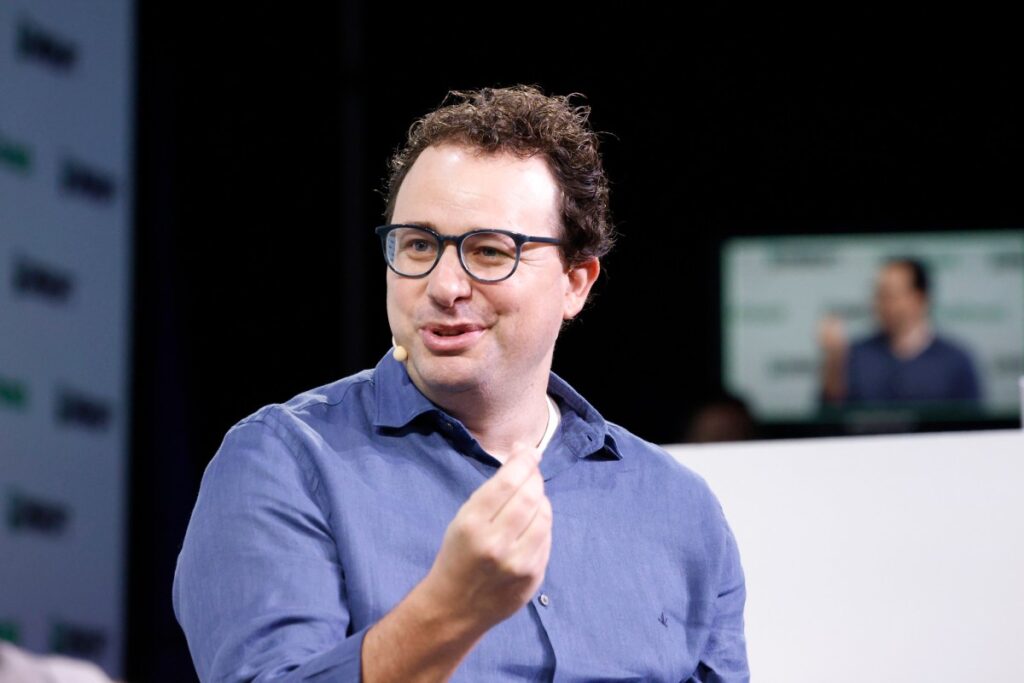In a statement on Tuesday, Dario Amodei, the CEO of AI startup Anthropic, called the AI Action Summit in Paris this week a “missed opportunity,” and urged the AI industry — and government — to “move faster and with greater clarity.”
“We were pleased to attend the AI Action Summit in Paris, and we appreciate the French government’s efforts to bring together AI companies, researchers, and policymakers from across the world,” Amodei said. “However, greater focus and urgency is needed on several topics given the pace at which the technology is progressing.”
Amodei’s criticism of the AI Action Summit, the latest in a series of conferences that brought together AI companies and regulators to attempt to arrive at a consensus on AI governance, echoes that of several academics earlier this week. One told Transformer that the conference’s commitments, which the U.S. and U.K. refused to sign, said “effectively nothing except for platitudes.”
In comments at the conference, U.S. Vice President JD Vance adopted an entirely different stance and denounced what he characterized as “massive” and stiffling regulations on AI championed by Europe. Vance also took issue with content moderation, alluding to the “sustainable” and “inclusive” wording in the conference’s commitments, which he rejected as “authoritarian censorship.”
Amodei warned in his statement that AI is rapidly becoming more sophisticated, and that failing to regulate it could result in disastrous consequences.
“The capabilities of AI systems will be best thought of as akin to an entirely new state populated by highly intelligent people appearing on the global stage,” Amodei said. “Advanced AI presents significant global security dangers, ranging from misuse of AI systems by non-state actors … We must ensure democratic societies lead in AI, and that authoritarian countries do not use it to establish global military dominance.”
Amodei urged governments to deploy their resources to measure how AI is being used, and to enact policy focused on “ensuring that everyone shares in the economic [uplift] of very powerful AI.” He also argued for more government transparency when it comes to AI safety and security, as well as plans to assess AI risks.
Amodei’s appraisal of the Paris AI Summit’s proceedings stands in contrast to OpenAI’s, which said in a statement this weekend that it was confident that the conference would be “another important milestone towards the responsible and beneficial development of AI for everyone.”
Anthropic has generally shown more of an openness to AI regulation in the past. Indeed, Amodei has made similar pronouncements before, cautioning that unfettered AI could have profoundly negative economic, societal, and security implications. Anthropic was one of the few AI companies to tacitly endorse California’s SB 1047, a comprehensive — and hotly debated — AI regulatory bill. OpenAI opposed the bill, which was vetoed by Governor Gary Newsom last fall.
That isn’t to suggest Anthropic’s motives are purely philanthropic. Like OpenAI CEO Sam Altman in his recent essay, Amodei offers no concrete recommendations for ensuring the benefits of powerful AI, should it emerge in the near future, are widely and evenly distributed.
Read our full coverage of the Artificial Intelligence Action Summit in Paris.







